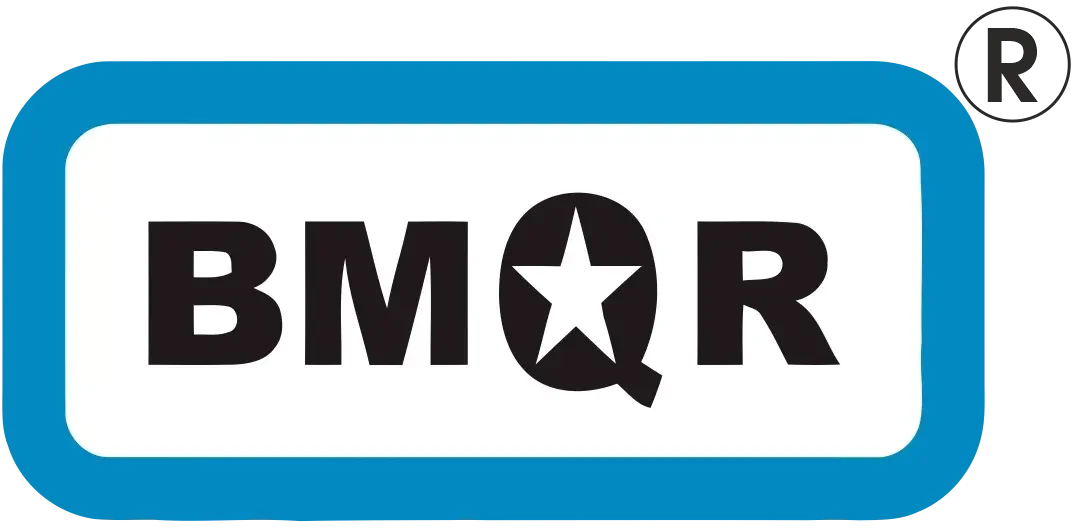MISSION STATEMENT
At BMQR, our mission is to empower individuals and organizations through exceptional training and development in Environmental, Social, and Governance (ESG) management, fostering a deep understanding of sustainable practices. By providing specialized certification training for Certified ESG Practiontor, we aim to cultivate a new generation of leaders equipped with the knowledge and skills to drive positive environmental and social change.
We are committed to facilitating a collaborative learning environment where stakeholders—including learners, industry experts, and businesses—work together towards a common goal of achieving long-term sustainability and operational excellence. We ensure that our training programs meet the highest quality standards, enabling learners to meet global expectations and excel in their professional ESG practices.
Our vision is to shape responsible, skilled professionals who contribute to building a more sustainable, ethical, and resilient future for both businesses and communities.
VISION STATEMENT
At BMQR, our vision is to be the premier provider of world-class training and certification for ESG Practiontor, empowering professionals to lead the way in sustainable and responsible business practices. We aim to deliver high-quality, impactful training that enables individuals and organizations to achieve excellence in Environmental, Social, and Governance (ESG) management. Our goal is to inspire a future where businesses not only thrive but also contribute positively to society and the planet.
VALUE STATEMENT
At BMQR, we are dedicated to empowering individuals and organizations by delivering world-class training services, including our flagship Certified ESG Practiontor program. Rooted in our commitment to excellence, we ensure the highest standards of quality in every aspect of our work. Our mission is to foster sustainability, corporate responsibility, and environmental stewardship through comprehensive ESG training that equips professionals with the knowledge and skills to drive meaningful change. By prioritizing innovation, integrity, and customer satisfaction, BMQR strives to be a trusted partner in building a more sustainable and equitable future.
IMPARTIALITY STATEMENT
BMQR is committed to upholding the highest standards of impartiality, integrity, and objectivity in all its operations, including the delivery of training services for Certified ESG Practiontor.
We recognize the critical importance of impartiality in maintaining the credibility of our services. To this end, BMQR ensures that:
No Conflict of Interest
All personnel involved in training and certification activities act independently and are free from any undue influence or conflicts of Interest.
Transparent Processes
Our training and operational decisions are based solely on competence, merit, and adherence to established standards, ensuring fairness for all stakeholders.
Equal Treatment
All clients and participants are treated equitably, without discrimination based on business size, affiliation, or geographical location.
Continuous Monitoring
We regularly review our processes to identify, assess, and mitigate any risks to impartiality, ensuring our commitment remains Intact.
LEARNING OUTCOMES
Upon successful completion of the Certified ESG Practitioner program, participants will be able to:
Understand ESG Fundamentals:
Comprehend the core principles and components of Environmental, Social, and Governance (ESG) practices.
Grasp the importance of ESG integration for organizational sustainability and stakeholder value creation.
Conduct Materiality Assessment:
Identify and prioritize ESG material topics relevant to an organization.
Perform stakeholder engagement and materiality mapping through practical exercises.
Analyze Common ESG Material Topics:
Gain knowledge of key material ESG topics that are applicable across various industries.
Learn best practices and real-world examples of ESG initiatives in environmental, social, and governance areas.
Calculate Greenhouse Gas (GHG) Emissions:
Understand the different scopes of GHG emissions (Scope 1, Scope 2, and Scope 3).
Accurately perform GHG emission calculations using recognized methodologies and standards (such as ISO 14064).
Prepare Comprehensive Sustainability Reports:
Acquire practical skills in drafting sustainability reports following frameworks like GRI (Global Reporting Initiative) and BRSR (Business Responsibility and Sustainability Reporting).
Utilize tools and templates for effective report writing and disclosure.
Understand ESG Ratings and Certifications:
Gain insights into various ESG rating systems (EcoVadis, CDP, MSCI, etc.) and sustainability certifications.
Learn how to align organizational practices to meet rating agency requirements and improve scores.
Implement ESG Governance and Continuous Improvement:
Develop an understanding of governance structures, codes of conduct, and policies supporting ESG.
Recognize the role of continuous professional development and ongoing monitoring in sustaining ESG performance.
Demonstrate Competency Through Assessment:
Successfully pass the final examination to validate understanding and practical application of ESG principles, reporting, and governance.
The Learning Service Provider is committed to protecting the confidentiality of all information shared by learners. Personal, academic, and professional details provided by learners are securely maintained and not disclosed to any third party without the learner’s explicit consent, except where required by applicable laws. We employ appropriate security measures to prevent unauthorized access, misuse, or disclosure of information. All staff, trainers, and associated parties are bound by confidentiality obligations to ensure the integrity and privacy of learner data. Our commitment ensures learners’ information is handled responsibly and ethically at all times, maintaining trust and compliance with relevant regulations.
COURSE OBJECTIVES
OUR OTHER ALLIED SERVICES

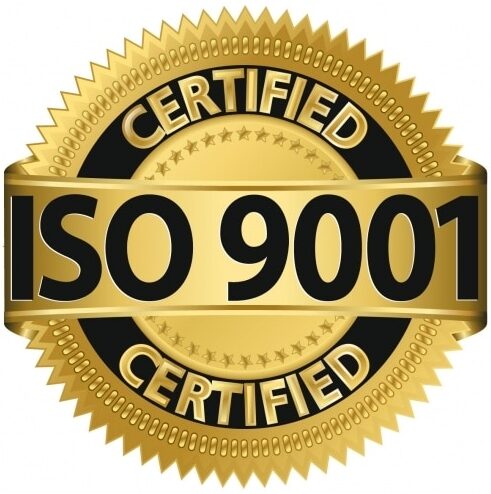
Management System Certification
We provide accredited certification services for a wide range of international standards including ISO 9001, ISO 14001, ISO 45001, ISO/IEC 27001, ISO 22000, ISO 13485, and more, helping you demonstrate your commitment to quality, environmental responsibility, and occupational safety.

Product Certification
Our product certification services ensure that your products meet the required regulatory, quality, and safety standards, enhancing market trust and acceptance.
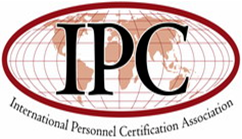
Lead Auditor Training
Equip yourself and your team with globally recognized Lead Auditor training programs. We offer certifications in ISO 9001, ISO 14001, ISO 45001, and other standards.
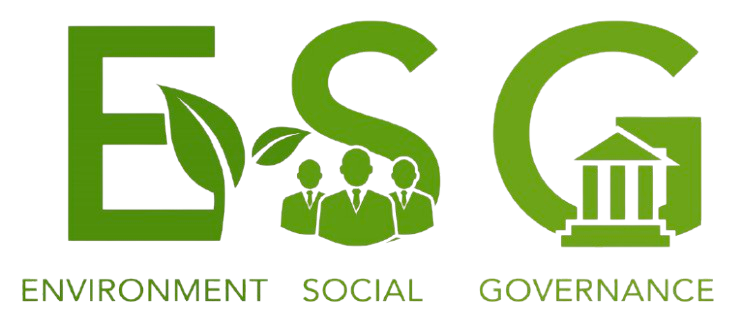
ESG Training
Stay ahead in the sustainability landscape with our Certified ESG Practitioner and ESG Manager training programs, designed to integrate ESG strategies effectively into your organization.

IPR Services (Intellectual Property Rights)
Our experienced team of trademark agents and advocates provides comprehensive services for:
– Trademark Registration
– Patent Registration
– Design Registration
– Copyright Registration
Protect your brand, innovation, and creative works efficiently.
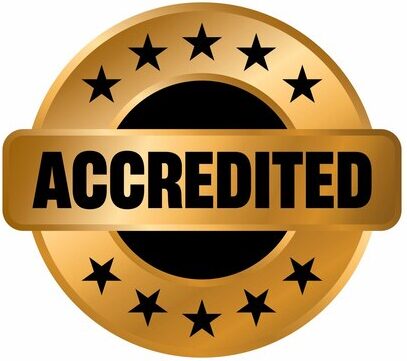
NABL & NABH Consultancy Services
Achieve and maintain accreditation with our expert consultancy services for NABL (ISO 17025) and NABH (Entry Level & Final Level) requirements, tailored for laboratories and healthcare facilities.
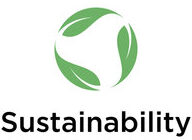
EcoVadis Consultancy Services
Improve your EcoVadis sustainability rating and demonstrate your ESG performance to global clients. Our customized documentation and consulting approach will help you achieve higher scores.

Third-Party Assurance Services
We provide independent third-party assurance services for sustainability reports, GHG emissions, and ESG disclosures as per ISO 17029 and AA1000 standards.
